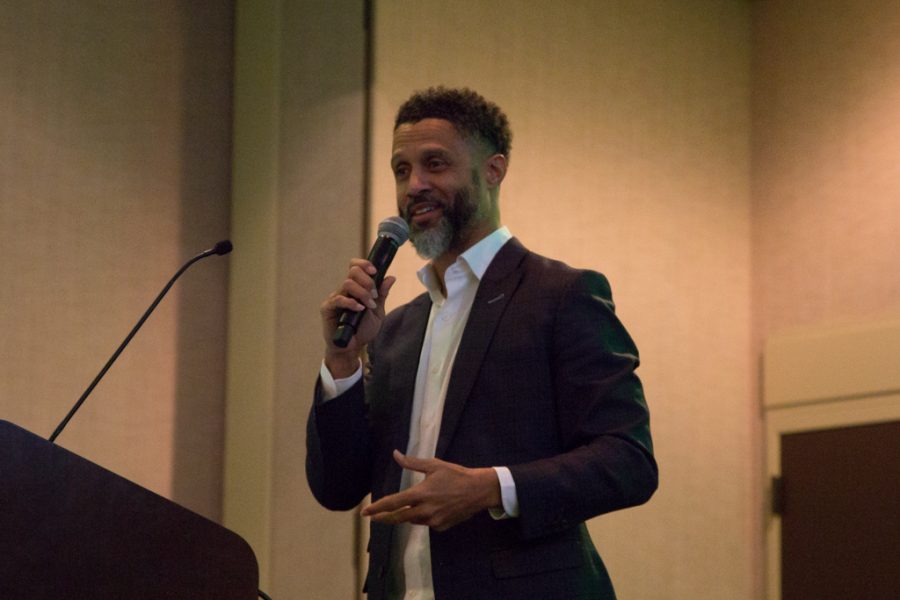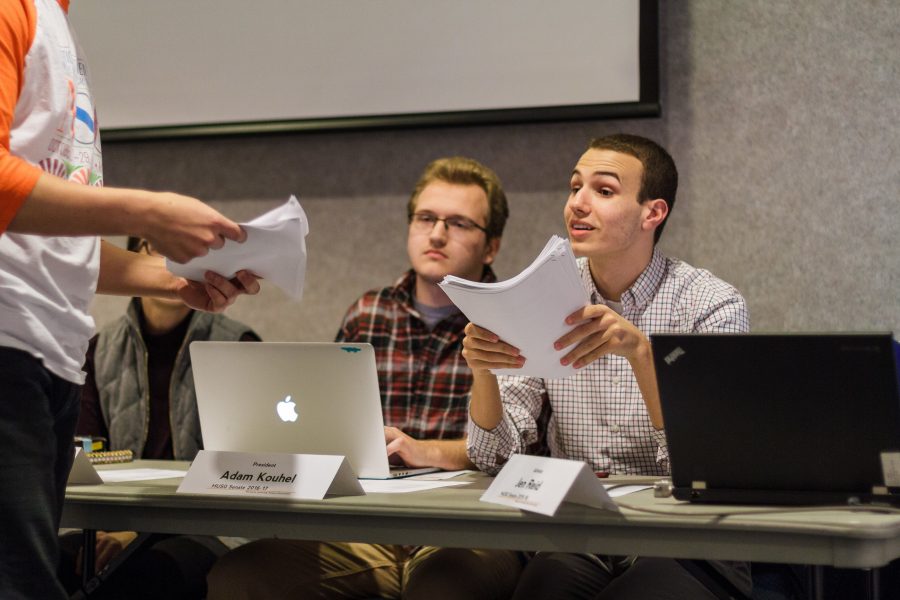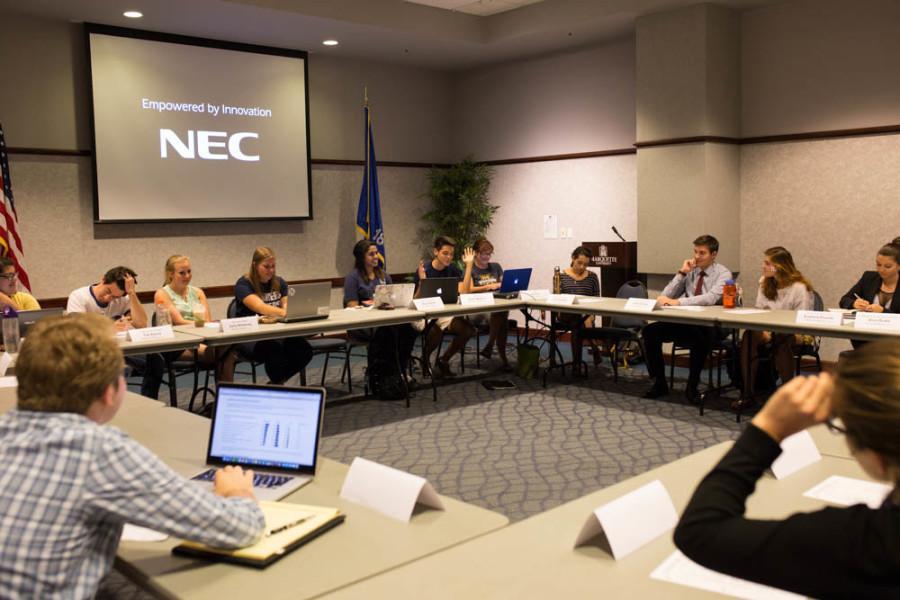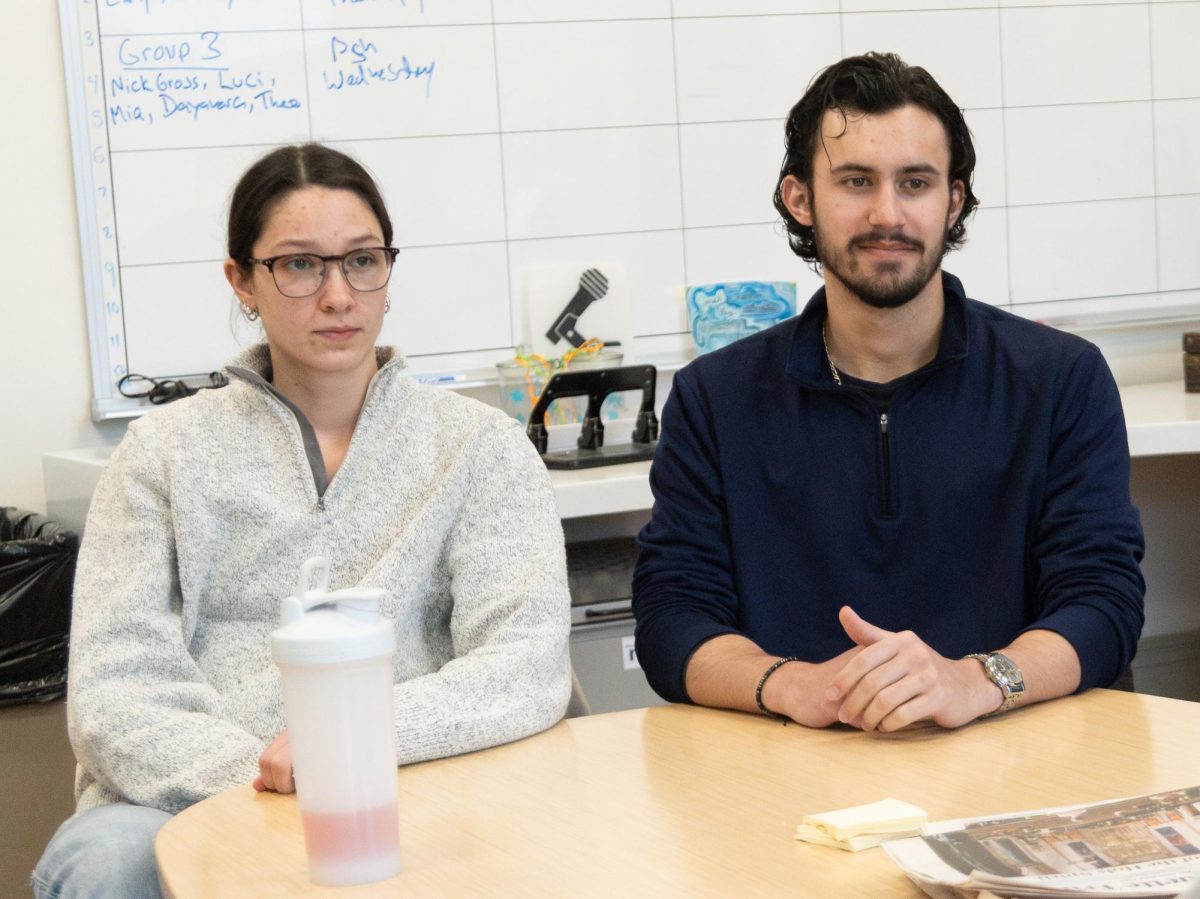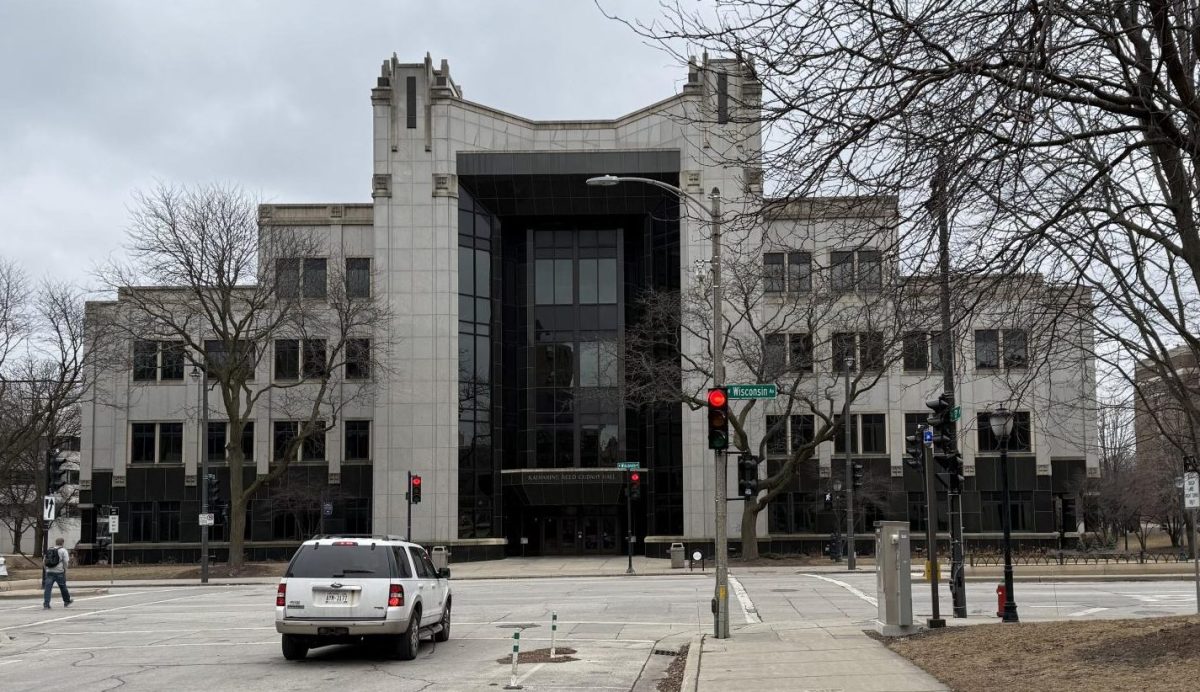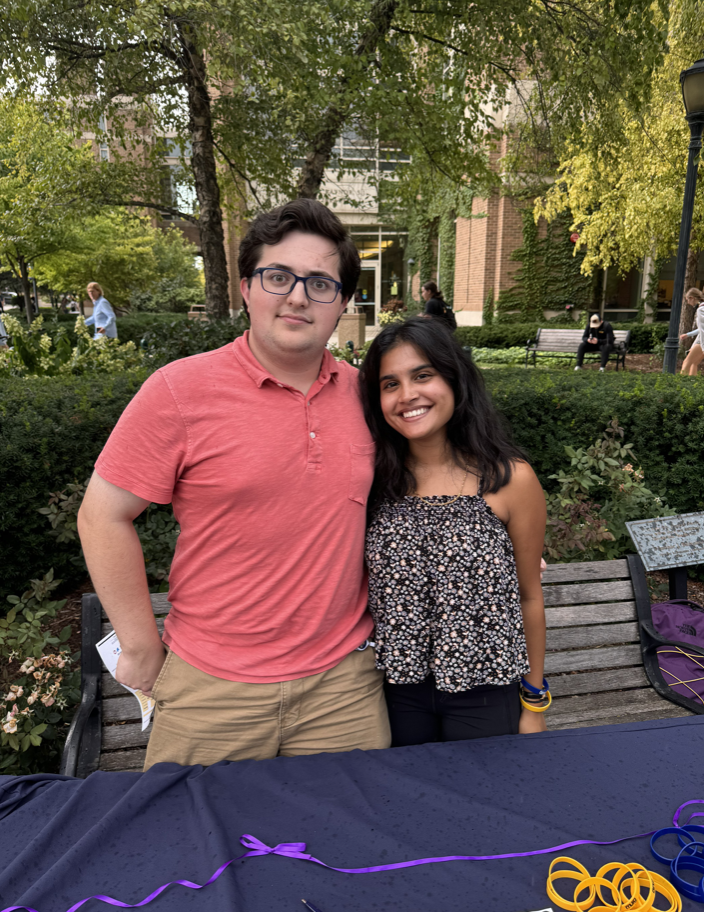 Marquette Student Government overturned President Sam Schultz’s veto on Amendment 8, the reserve fund cap, at its weekly meeting Thursday night.
Marquette Student Government overturned President Sam Schultz’s veto on Amendment 8, the reserve fund cap, at its weekly meeting Thursday night.
Schultz exercised his veto power earlier this week, but he chose to wait until Thursday night to share his rationale.
In his four-minute presentation to the senate Thursday, Schultz cited a few concerns with the legislation. He specifically was concerned with the timing of the budget committee allocation process for rollover funds, arguing that it is too early in the year. He also said he felt the 50 percent of the MUSG budget number at which the cap comes into effect is potentially arbitrary, and he argued there are better ways to reduce the reserve fund than simply capping it. He said he felt the legislation was well written, but he wanted these concerns to be debated by the Senate before the amendment was sent to Vice President for Student Affairs L. Christopher Miller for approval.
The Senate debated the concerns raised by Schultz, and then overturned his veto by a vote of 28-to-2. Schultz, however, is still not necessarily satisfied with the result.
“I’m happy that we got to bring it up more and got to debate it more,” Schultz said. “I thought it warranted more discussion, which is why I vetoed it. I don’t think any of my concerns were truly addressed with passage of this bill, and I still think it does anything to solve why we put so much money in the reserve in the first place.”
Off-Campus Senator Nathan Craft, a junior in the College of Arts & Sciences who authored the bill, was pleased with the ultimate outcome of the vote.
“I’m just really happy that the senate came through in listening to the student body and supporting a protective measure to ensure that our finances are responsible,” Craft said.
The reserve fund is a bank account into which MUSG puts all its unused budgeted funds from the previous fiscal year. A large contributor to the reserve fund is unused funds from the MUSG-controlled Student Organization Funding budget line. Any funds added to the reserve fund remain there until the Senate accesses it, which it can do for “capital goods” or “ to solely sponsor or to subsidize the sponsorship of a qualifying student service,” according to the student government constitution.
The cap is supposed to prevent additional unused MUSG funds from entering the Prior Year Reserve Fund after the fund reaches a certain threshold. That threshold is set at 50 percent of the yearly MUSG operating budget. Any unused funds from the previous year that would have been put in the fund would then be put in a holdings account established by the Office of the Comptroller.
At the beginning of the next fall semester, student organizations will have the opportunity to talk to the MUSG Budget Committee for the use of the funds. The Budget Committee is then tasked with creating an “Unanticipated Funds Proposal” based on its discretion as to how the funds should be allocated.
The cap only comes into effect once the reserve fund crosses the 50 percent margin. If the reserve fund falls beneath that mark then the cap will be lifted. The cap will be reinstituted once the reserve fund crosses the margin again.



